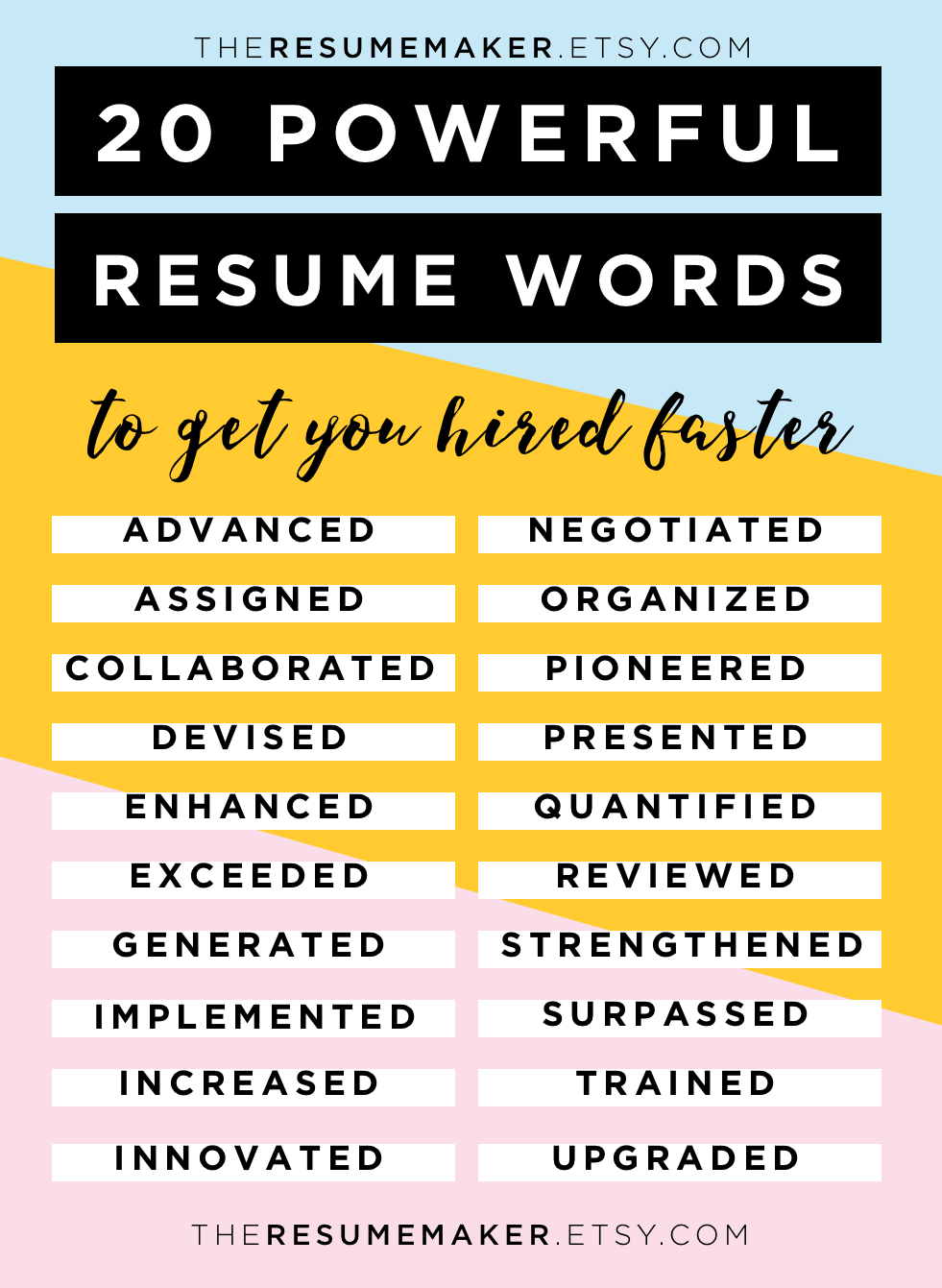Resumes are notoriously painful to write or update. Often the previous version isn’t even accessible or it sounds trite and hollow, if you can find an old file at all. These tips are designed to be helpful for people who have an old resume they’d like to work from, but they’re also applicable for people who are starting to write their resume from scratch.
1. Objective Statement? Nope.
Forget the objective – if you have career goals, that’s great. But it’s also your responsibility to make them a reality. Talk about your goals during the interview. Instead of an objective, give the reader a quick, straightforward summary of what they’ll find in the resume. Most people are going to read hundreds of resumes, so summarizing succinctly will be doing them a favor.
2. Accomplishments, Not Responsibilities
For each job, don’t list what you were supposed to do, list what you actually did. Make sure to update results and achievements based on what the job you’re applying for will entail. e.g., if the job description says you’ll need to improve productivity, mention how you improved productivity at your last job and briefly state how you did it.
3. Abbreviations are Okay
As long as they make sense, you can use abbreviations. In the past, this was a no-no, but brevity is valued more highly today than ever before. (Twitter?)
4. Keep Hobbies and Activities Relevant
Play guitar in a band? That’s nice, but unless your job will require you to play the guitar, don’t mention it. Again, anyone reading your resume is looking for applicable skills, experience, and accomplishments. And they’re probably hurrying through many applications.
5. Formality is Less… Formal
While it’s still important to be respectful, don’t assume that you have to be stuffy in your cover letter and on your resume. Personality is also interesting, depending on the company you’re applying to. Learn a bit about company culture before applying, some companies don’t like things to be too formal.
6. They Know You’ll Send References if They Ask
Don’t end with ‘References available upon request’. No reason to state the obvious.
7. Know Your Audience
Once again, do your research. Even before you sit down to update your resume, sit down and research the company and re-read the job announcement. Find out everything you can about the position and update your resume with that information fresh in your mind. That way you’ll only include relevant things.
8. Use a Professional Email Address
That doesn’t mean you should use your work email address if you’re currently employed. But you shouldn’t have your johnlovescats37@sillyemail.com, either. Try to create an email address that uses just your name. If johnsmith@email.com isn’t available, try john.smith@email.com or j.t.smith@email.com.
9. Leave Out High School (If You Went to College)
Put the highest level of education you completed first and end with your Bachelor’s degree, unless you’ve only completed high school.
10. Proofread, Proofread, Ask a Friend to Proofread
There is nothing worse than sending a resume with a typo. You’ve poured over this document time and again, fixing every word so that it’s succinct but meaningful. Don’t leave ‘there’ where you meant ‘the’. Proofread once first thing after breakfast and read it all out loud. Make sure there aren’t any mistakes.
These days, very few people read through the whole resume, unless it catches their eye. Simple, to the point, and concise resume summaries are appreciated and give the reader a reason to read on. Consider how the reader must feel reading hundreds of these things and try to make it at least quick and easy to get through. And finally, because everyone can see through a puffed up resume, be honest.


